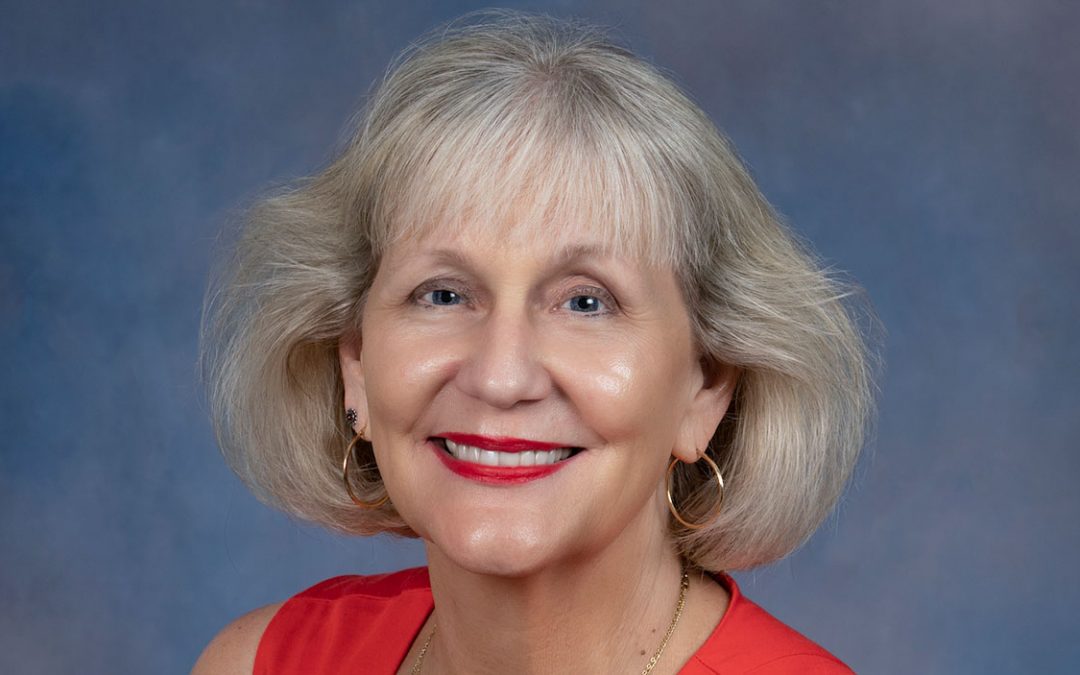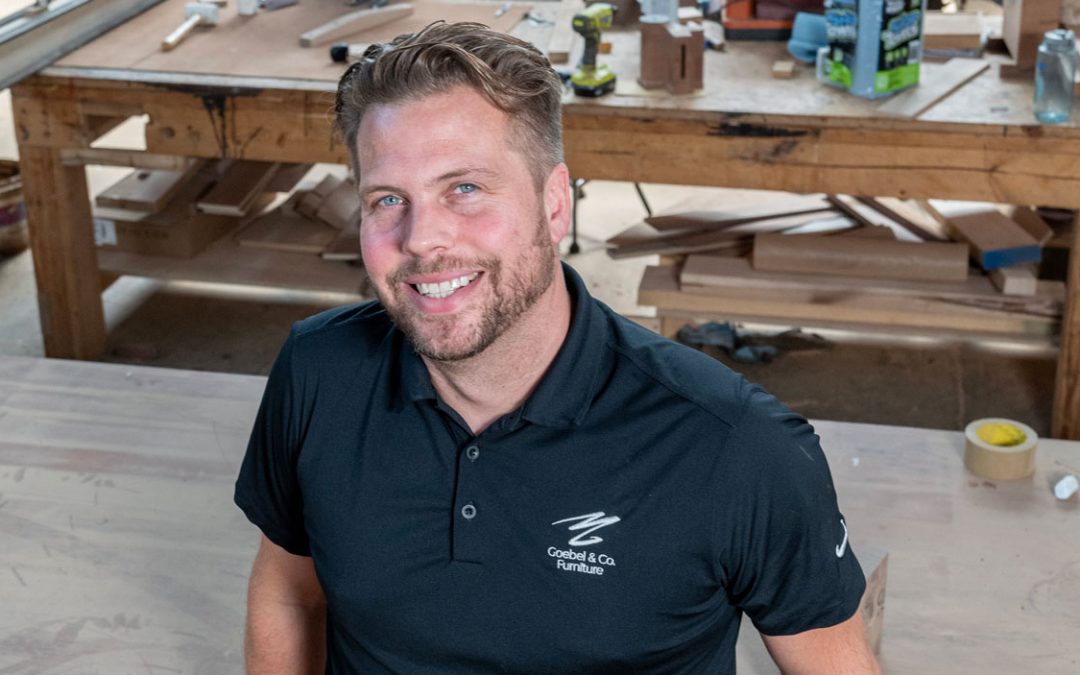
Ken Wilde
Ken Wilde (nee Klaus Weiss) was just a boy in Berlin when Nazi Germany and World War II disrupted his education and forever changed his life. Now 86 and living in Olivette, Mo., the retiree fulfilled his dream of completing his education. He will become the University of Missouri-St. Louis’ oldest master’s degree recipient when he receives a master’s degree in history at a UMSL commencement ceremony at 2 p.m. Saturday (Dec. 19) in the Mark Twain Athletic and Fitness Center.
“I’m proof it’s never too late to go back to school,” Wilde said one morning over coffee in the Millennium Student Center at UMSL. He grinned, then added, “But I don’t recommend people wait this long.”
Andrew Hurley, chair of the Department of History at UMSL, said Wilde received nearly perfect grades in pursuit of his master’s. The exception? One A-.
“What makes him truly remarkable, though, is the path that brought him here,” Hurley said.
Wilde is not only a student of history, but also a noteworthy part of it. At 15, he was among 10,000 mostly Jewish children to survive German persecution by being harbored in the United Kingdom through the Kindertransport. The rescue effort was born out of the Kristallnacht Pogrom, an attack in November 1938 on Jewish people and their businesses, homes and synagogues. Over the course of two nights, 91 Jews were killed and more than 26,000 were arrested.
That’s when Wilde said his parents realized there was no future for them in Germany. Leaving wasn’t a problem, but he said Jews were no longer allowed to take their possessions or money with them.
“It was very difficult at the time to find any place to go,” he said. “Most countries were in the middle of a depression and weren’t willing to take more poor newcomers.”
With just a suitcase in hand, fewer than 10 marks and none of his family, Wilde left Berlin via the Kindertransport in April 1939. A civil servant and his wife took Wilde into their London-based home. He divided his next three years between there and internment camps, where he was assigned with other enemy aliens at the outbreak of World War II.
His guardians could not afford to send him to school, so education was put on hold. Correspondence with his family — his parents and brother — was relegated to letters of 25 words or less sent through the Red Cross in Switzerland. They took about six months to arrive.
Wilde wouldn’t return to mainland Europe until a couple weeks after the D-Day invasion in 1944. As a radio operator in a Churchill tank for the British Royal Tank Regiment, he rolled along the French coast from Caen to the Falaise Gap before settling in at Dunkirk. From there, the regiment later continued on to Belgium and the Netherlands before ending the war just outside Hamburg, Germany.
“I couldn’t wait to join the British Army,” Wilde said. “I felt I had to do something to give back for what England had done for me.”
He initially served with the Pioneer Corps, an auxiliary military labor group that served as a British military entry point for most enemy aliens who fled Nazi persecution. About six months before D-Day, Wilde said the foreign soldiers were allowed to transfer to active units. By the time he joined the Royal Tank Regiment, he already changed his name for his protection, and that of his family still in Germany, if caught.
While stationed with the British Army in northern Germany after the war in 1945, Wilde discovered his parents and brother survived and were still living in Berlin. Although his father was arrested several times and sent to police detention, his family managed to avoid sentencing to a concentration camp. After six years of separation, Wilde was able to reconnect with them.
His parents and brother moved to St. Louis in 1946. Wilde followed the next year. He initially moved in with his family and temporarily settled into a rooming house in present-day Kingshighway East neighborhood in St. Louis. He was later introduced to Eve, a Berlin native and St. Louis transplant, who coincidentally shared Wilde’s experience of being saved by the Kindertransport.
“So, I met her and we started dating. In ’51 we got married and we started having children; life got pretty good,” Wilde said. “As they say in the history department, the rest is history.”
That “history” includes a career traveling the world as a buyer and purchasing agent for Stix, Baer and Fuller (now Dillard’s), three children, seven grandchildren and now two UMSL degrees.
Wilde attributes his coming back to school to Eve, who suggested he join her in taking classes at St. Louis Community College at Meramec upon retirement. Continuing at UMSL, in 2006 he received a bachelor’s degree in history. Wilde earned summa cum laude distinction for both UMSL degrees.
“Ken’s life experiences are unusual, to say the least,” said Hurley, the history department chair. “His presence has certainly enriched the classroom experience for both faculty and students alike.”
Wilde said he got along great with his fellow students, despite their age difference.
“The first time I walked into each classroom, they probably realized I wasn’t the professor because I was too old,” he said, laughing. “But we always had a very collegial relationship. They have been wonderful classmates and classes. I’m going to miss it.”














